Misinformation is not a game!
That’s my response to CNN for their breezy coverage of this critical issue. In the article, Researchers have created a ‘vaccine’ for fake news. It’s a game Jon Roozenbeek and Sander van der Linden described the development of a computer game that has users creating fake news, and they published a study based on their results. Misinformation is likened to a virus, and the game is called a vaccine. Sadly, there’s a large group of “anti-vaxxers” happily sharing misinformation every day.
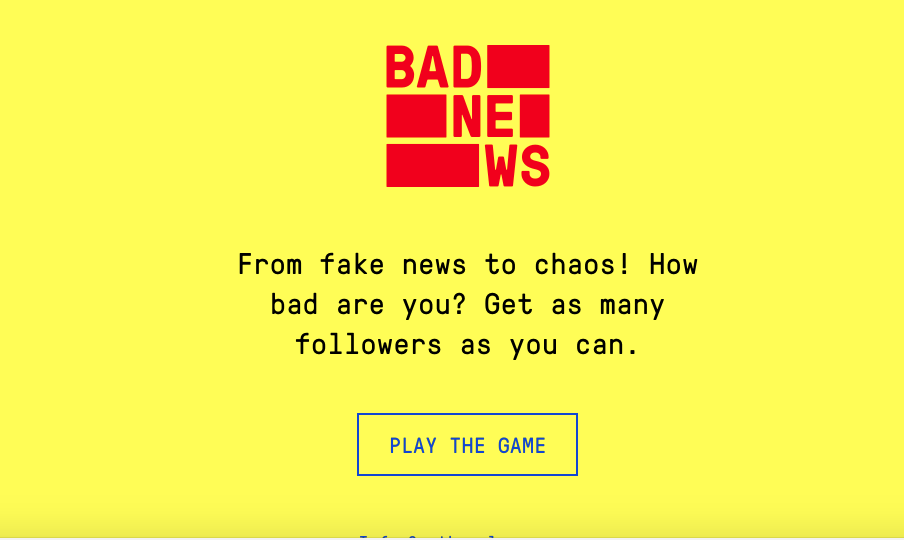
That Facebook (Meta) partially sponsored the research, and Google is study-curious should surprise no one. The Public Relations department in both these companies issued statements expressing the hope of “addressing the problem,” “sharing knowledge,” and “testing the usability of technology.” These phrases are empty rhetoric reminiscent of how the big tobacco companies funded studies for 50 years to slow the pace of federal regulations and restrictions.
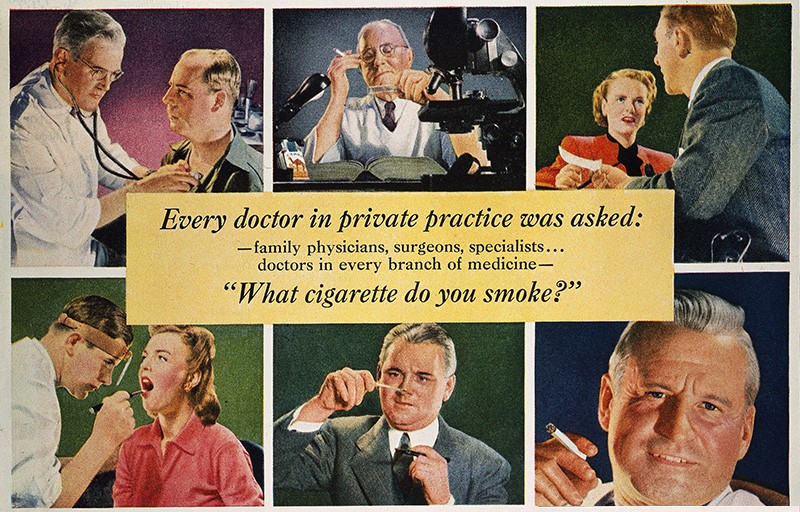
Credit: Granger Historical Picture Archive/Alamy
Improving media literacy around the world is crucial, and any tools that can be brought online to facilitate this should be researched, peer-reviewed, and deployed post haste. However, this does not and must not shield platforms from bearing the responsibility for the spread of misinformation, nor does it excuse media outlets for their failure to hold these companies accountable.
After reading the article, I played Bad News on my phone three times to get a feel for the accessibility and visit all the corners of the program. The experience was underwhelming. I won only once, gaining all six badges worthy of a misinformation sensei.
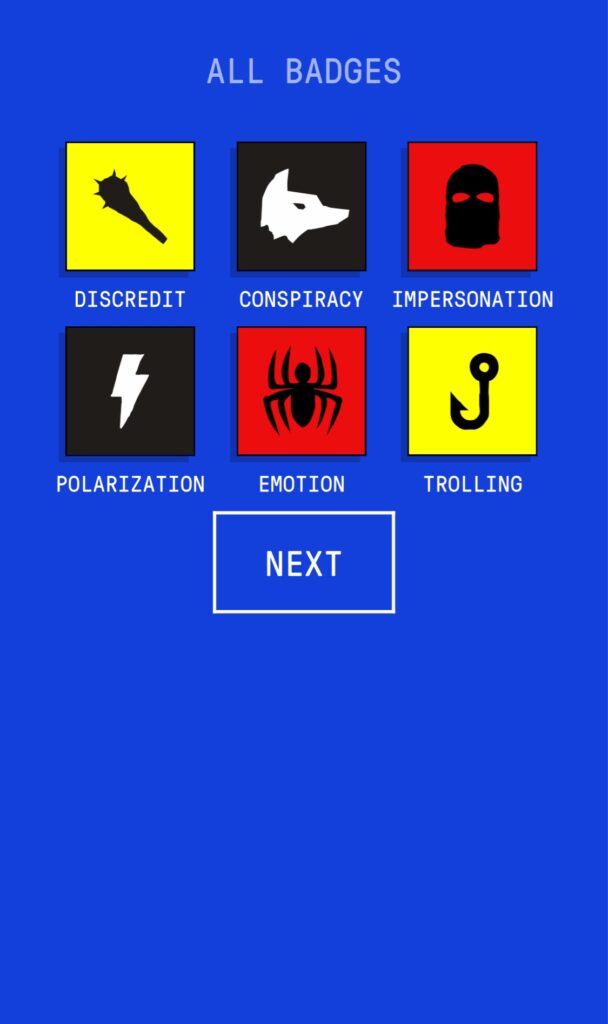
I also lost twice, the first time I played and the last. Admittedly, my final loss was on purpose.
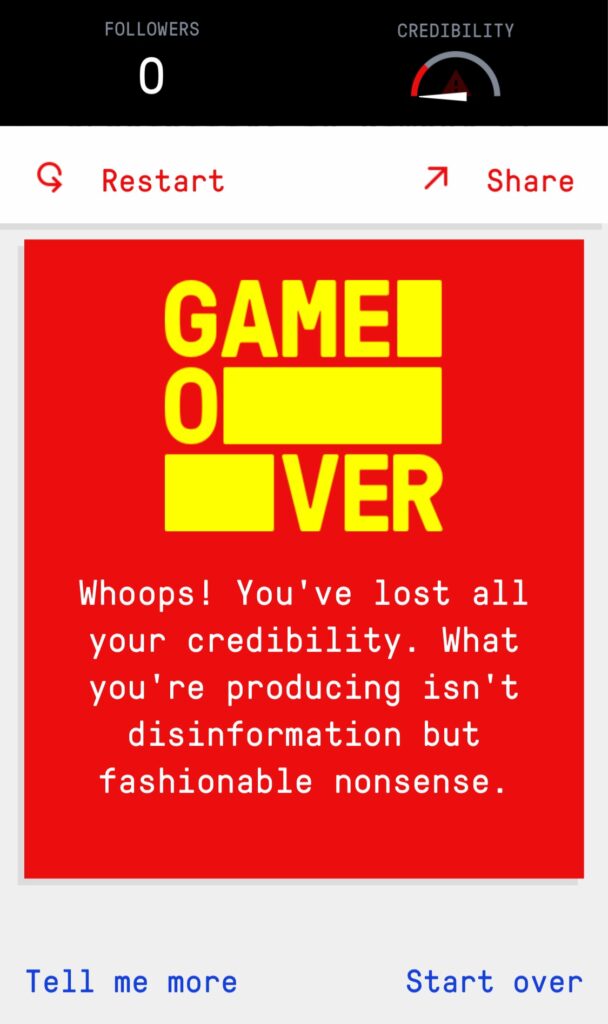
Then, I handed over my phone to my fifteen year old who was equally unimpressed. I don’t think Bad News will be giving Wordle or Pokemon Arceus a run for their money anytime soon.

I know entertainment wasn’t the point, but the best “gamification implementations” present challenges or memorable sequences. All the prompts in Bad News were set up to present the same content. Only a few off-ramps led to losing the game, and even then, I was repeatedly warned that I was about to fail.
The game had a retro “Oregon Trail” feel, which left me asking – who is this tool geared toward and if I play again, is there a chance that I’ll die of dysentery?

All kidding aside, the information in Bad News could help to build media literacy. However, the gameplay is probably too hokey for Gen Z, a desirable target audience, and likely will have limited impact in other age groups.
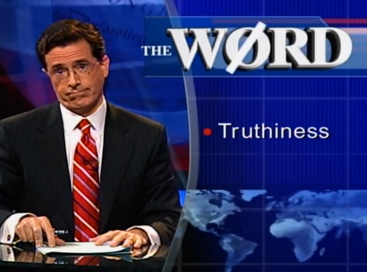
Back in 2005, during the premiere episode of The Colbert Report, Steven Colbert introduced the world to “truthiness.” He contended that truth wasn’t found in books or facts, but was found “in the gut.” This logic has become a guiding principle for a good portion of the US population. There is a cynical distrust of government and institutions that threatens to undermine the social order and our political system. Americans have turned away from scientists and academics and have taken to “doing their own research” online.
Of course “truthiness” came to mind when reading the article, Faith in ‘gut feelings’ linked to belief in fake news and I found the results of the study fell right in line with my expectations, perhaps a vivid example of confirmation bias. I believe that the methodology employed in the studies show that the results may reflect trends in the general population, but the researchers acknowledge that the data collected was self reported and possibly inconsistent due to the respondent’s misrepresentation, or in some cases, a lack of awareness. They do point out that “what people say they believe, matters.” Still, I can’t get away from truthiness. Even the way some of the research questions were phrased seemed like a questionnaire created by Steven Colbert’s writers.
Perhaps we have come to an intersection where misinformation is the coin of the realm in certain sectors of our society: weaponized and ready to be launched at political adversaries at a moment’s notice. Nothing that is said, no evidence that is presented, no studies that have been conducted, will change the minds of those cut off from reality.